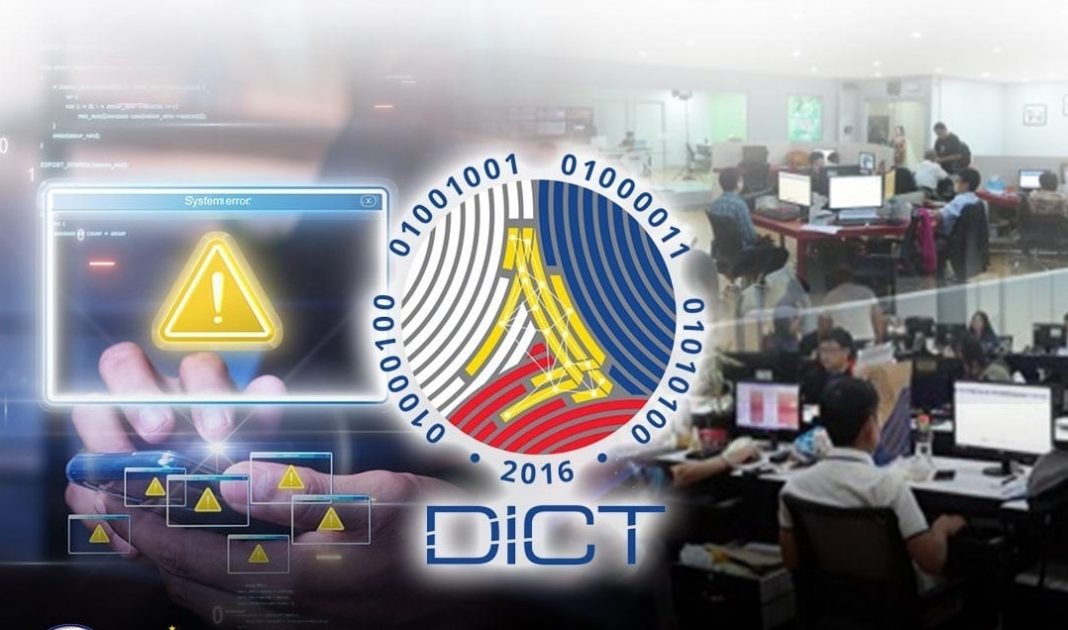The country’s cybersecurity experts had successfully thwarted hacking attacks against a Philippine government website, an official of the Department of Information and Communications Technology (DICT) reported on Saturday, Feb. 3.
“Gusto lang po naming i-report for example na noong mga nakaraang linggo, mayroon pong mga cybersecurity incident or attack na nadepensahan naman natin. Hindi po ito tumuloy pero ito po ay isang klase ng brute force attack upang i-takedown ang ating Overseas Workers Welfare Administration o OWWA kung makikita ninyo sa screen. Uulitin ano, hindi naman ito natuloy kasi we were able to attack it,” DICT undersecretary Jeff Ian Dy said.
“In our investigation, the attacker, we were able to trace iyong kanilang tinatawag na ‘command and control’ operating from within China. So, we were able to detect that the attackers were coming from China Unicom. So, I think we will need to coordinate with them (investigation).”
Asked if the Chinese government is directly involved, Dy said they could not ascertain.
The DICT official also said there are spyware or espionage activities, which maybe perpetrated by threat actors or advanced threat groups detected by Google’s tactical information security arm.
These are advanced persistent threat actors associated with certain state-backed type of cybersecurity activities targeting government’s email addresses particularly the Philippine Coast Guard (PCG), National Coast Watch (NCW), and the DICT.
“In fact, may mga private domains din po na tinarget noong kanilang atake but this was also defended ano – kasama na po doon iyong website ng ating Pangulo na iyong bonbongmarcos.com,” Dy said, describing it as advanced persistent threat because of its clandestine nature.
“Ito po ay gumastos nang malaki sa research and development at sa teknolohiya upang itago niya iyong kaniyang gawain kaya tinawag nating advanced persistent threat. Itong klase ng ganitong atake, ang ginagawa lang po nito ay magmanman,” he said.
The DICT official also identified current threats that include those posed by hackers, artificial intelligence-generated (AI) robocalls, and the vulnerability of the country’s submarine cables, which are important in the operations of the business process outsourcing (BPO) sector.




